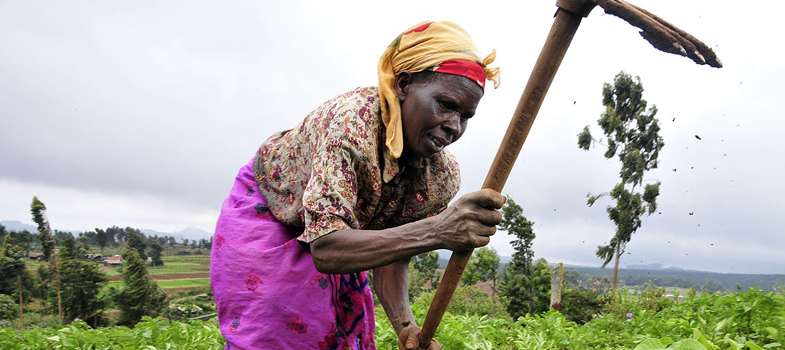1.4 Resilience to crisis in the African context
While Birchall and Ketilson have focused primarily on co-operative resilience in the global North, other researchers have examined what is happening in the African continent. Allen and Maghimbi, who also produced a working paper for the ILO in 2009, report on the issues that they found, both in general terms and with respect to financial and agricultural co-operatives. In their summary, they observe:
It is found that co-operatives are being affected by reductions in global demand and volatility in commodity markets, as these factors have potential to undermine the income of members. It is expected that unemployment and the number of people in extreme poverty will increase substantially, with individual producers likely to be the worst affected by the financial crisis in Sub-Sahara Africa. Given this context, co-operatives need to closely monitor their operations to ensure that their net worth does not deteriorate.
There is evidence to suggest that co-operatives may be exercising caution in responding to the loan requests of members. For instance, loans portfolios of savings and credit co-operatives grew at an average of 12 per cent, which is lower than growth rates of previous years (35.3 per cent in 2007; 21.2 per cent in 2006). It was reported that some SACCOs have been scaling down loans associated with export commodities in order to protect themselves from potential loss. There is also evidence that marketing co-operatives that sell export commodities have suffered from the global downturn and required government assistance to enable continuing provision of services.
As with all evidence, there will be other (and perhaps more recent) evidence that suggests African co-operatives are growing or declining – indeed there is likely to be a mixed picture depending on the type of co-operative, its membership base and access to markets. As you will see from the later sections of this unit, there are ongoing challenges for resilience.
1.3 Why co-operatives are considered resilient organisations
